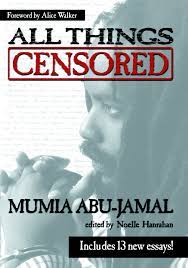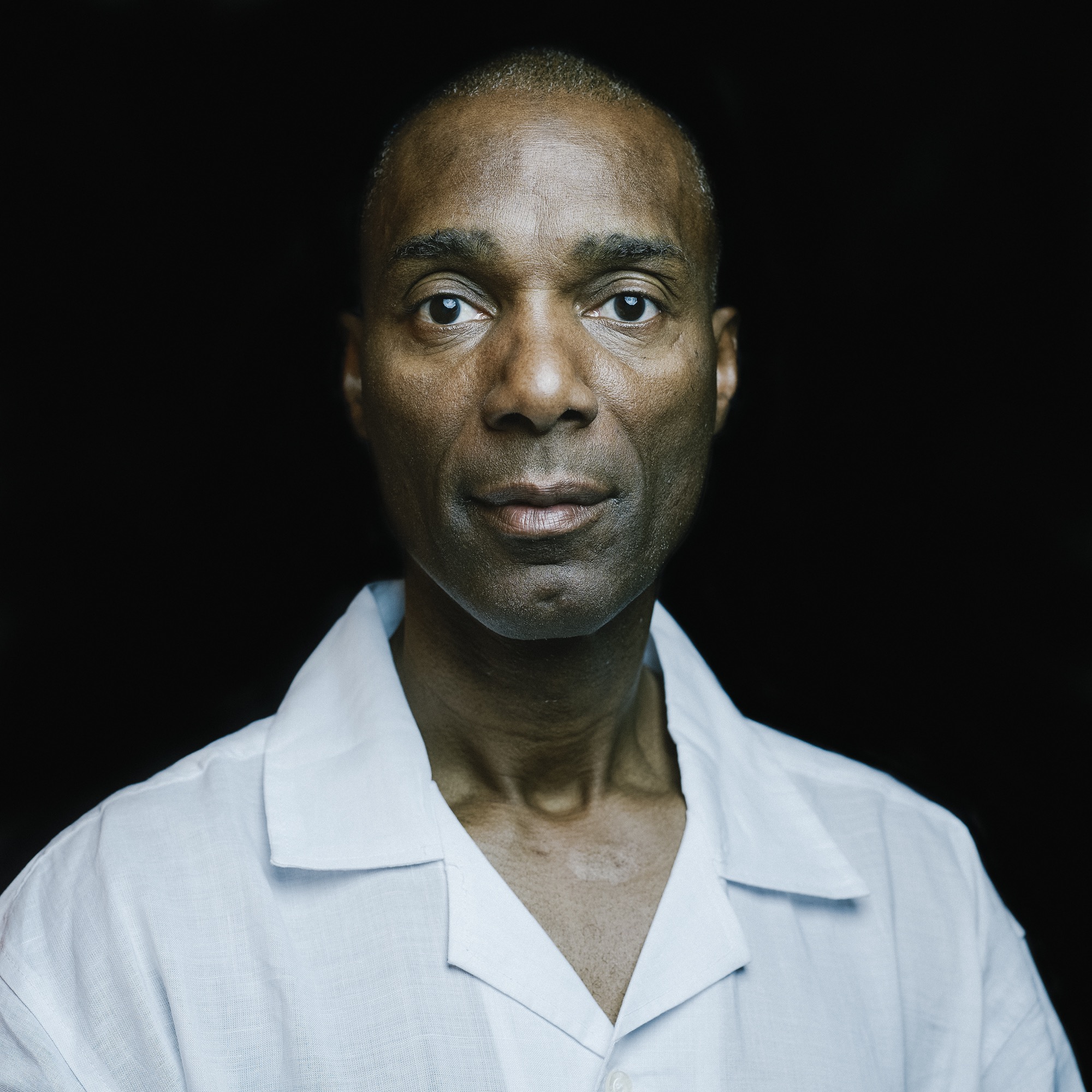04
NDUME OLATUSHANI
USA
Ndume Olatushani
28 years in prison including 20 on death row
Released in 2012
Ndume Olatushani, sentenced to death in Tennessee in 1985 for the murder of a greengrocer during a robbery, spent 28 years in prison, 20 of them on death row. He was held all those years in a cell where he could not even stretch his arms, 23 hours a day, and even when he got out, he had chains on his ankles, "tied up like an imaginary monster...", he describes. To survive, art helped him, gave him hope to get up every morning, not to give up, especially after the brutal death of his mother two years after his incarceration.
The death penalty situation in the US is very uneven from state to state, and at the federal level, an official moratorium was declared on July 1st 2021 in response to the wave of executions under the Trump administration after a 17-year hiatus. Numerous studies have demonstrated the influence of race in the application of the death penalty at both state and federal levels in the USA. This bias relates to the skin colour of the victim, the accused, and the jurors. While about half of all murder victims are white, 75% of death sentences are for white victims. Nationwide from 1977 to 2020, 295 black people were executed for the murder of white people, compared to 21 white people for the murder of black people. Finally, a study in North Carolina found that potential black jurors were excluded twice as often as white jurors, and in 2010, 20% of those sentenced to death were sentenced by an all-white jury.
Ndume testifies that he was tried in the city of Memphis, whose population was 50% black in 1985, but by an all-white jury, which took less than four hours to rule on his guilt and sentence him to death. After 20 years of fighting to prove his innocence, the Tennessee judiciary offered him an Alford plea, allowing the convicted man to waive his formal exoneration in exchange for his immediate release. Ndume accepted, was released in 2012, but lost his right to reparations for the 28 years he spent in prison while innocent, lost his right to vote, the real perpetrator is still at large, and jurors and prosecutors will never be held accountable for his wrongful conviction.
- BOOK

All things censored
Author: Mumia Abu-Jamal
Publication date: mai 2004
Edited by: Noelle Hanrahan
Sentenced to death for the murder of a police officer in 1982, Mumia Abu-Jamal continues to fight for a review of his trial, which was tainted by numerous irregularities at the time. A former journalist and activist, this man on probation refuses to remain silent, despite the humiliations and censorship imposed on him by the prison administration: he therefore resumes the fight and denounces the injustice and abuses of the American political and judicial system, the conditions of life on death row, the social situation of black Americans, and delivers his analyses of the contemporary world, as it appears to him from the bottom of his cell. Condemned to silence is the poignant and revolting book of a symbolic prisoner who has received the support of a large international solidarity movement.
- movie
Documentary by Patrick Chappatte and Anne-Frédérique Widmann, WINDOWS ON DEATH ROW: Art From Inside and Outside the Prison Walls
Images can trigger conversations, sometimes far better than words. Internationally known political cartoonist Patrick Chappatte and journalist Anne-Frederique Widmann have come together to organize a one of a kind exhibition, entitled WINDOWS ON DEATH ROW: Art From Inside and Outside the Prison Walls. It features over 60 works of some of the most famous American political cartoonists as well as artworks drawn from a more unlikely source, death row inmates. By presenting a variety of perspectives, from both inside and outside of the prison walls, Chappatte and Widmann hope to stimulate conversation on an issue that touches politics, race, morality, and the question of equality under the law.


